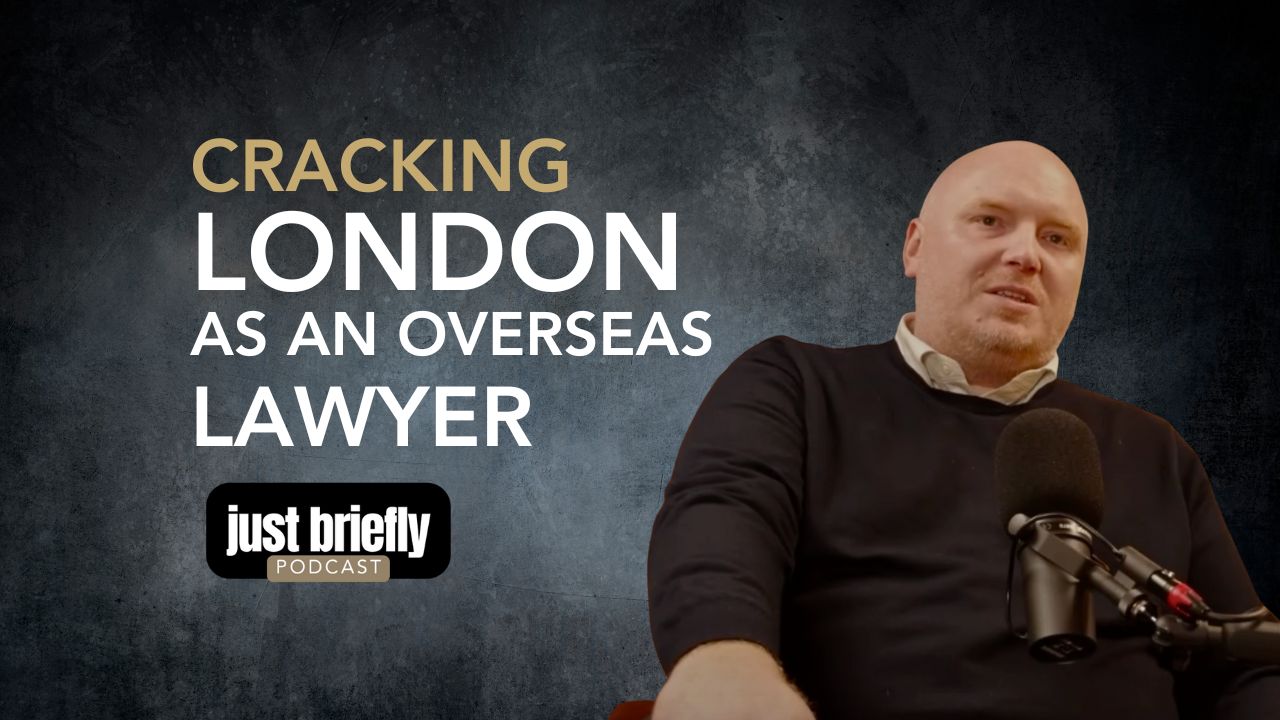Are you a lawyer thinking of making a move off-shore?

Working as a lawyer has so many benefits and depending on your specialisation, one of those benefits is that it gives you the chance to work internationally.
Having lived in Sydney and New York – I for one know how daunting and challenging living in a big city can be. Rush hour traffic, long commutes, squeezing onto trains and buses like human sardines… the list goes on.
The beauty of off-shore is that for one, long commutes don’t exist. For example Cayman islands is approximately 22 miles long with an average width of around four miles. Imagine all you could do with that extra time on your hands? With flight time from Cayman Islands to Miami, Florida being 1 hour 24 mins and a quick flight of 40 mins to Cuba – I am sure you could keep yourself busy!
As a lawyer you have run through a lot of hoops to get where you are today and the chances are - you like to be challenged. Offshore firms are just as competitive as firms you would see in the big cities. Teams tend to be a lot leaner which in turn gives lawyers more of a chance to gain invaluable partner time whilst also giving you that opportunity to engage with other groups within the firm more frequently. Law firms offshore have a high threshold for who they hire due to the complexity of offshore legal systems meaning that you will have the opportunity to learn and work with talented lawyers qualified in multiple jurisdictions.
From a financial standpoint, working offshore is very lucrative also. Most firms pay competitively in comparison to the top tier firms in Australia and the Magic/Silver Circle firms in the UK. Oh and another thing… tax rates in offshore jurisdictions aren’t bad either. 20% in the Channel Islands, 8% in the British Virgin Islands and a mighty 0% (ZER0) in the Cayman Islands.
As I mentioned at the beginning of this article – working internationally is very dependant on your specialisation. In the offshore jurisdictions, the practice areas in demand are:
For a bona fide funds lawyer, places like the Cayman Islands are a great place to be. As the tax structures in offshore jurisdictions are very rewarding, law firms are assisting their clients in managing their funds and setting them up. Offshore law firms have been increasing their headcount in their funds team over the past 6-12 months.
Corporate
Transactional lawyers are consistently in demand off-shore. Like most jurisdictions, offshore deal values are getting bigger and bigger by the day.
Banking & Finance
As mentioned, transactional lawyers are consistently in demand. Many of the top law firms offshore are regularly instructed on high end transactions for world-leading, high profile clients.
Litigation
With the increased demand for transactional and funds lawyers, we have also seen an increase in demand for litigation and restructuring & insolvency lawyers.
Making a move offshore does require you to obtain a visa and in some instances you will need to re-qualify. For Australian and New Zealand qualified lawyers, obtaining a visa for the US or the UK is relatively easy. To work in the Cayman Islands all prospective candidates must be common law qualified and most firms require candidates to be qualified for at least 3 years. To obtain a visa you will also need to show that you have actually been offered a role by an offshore firm i.e signed a contract. All of our clients are extremely helpful throughout this process and will help you every step of the way.
Does the above sound appealing? If you have ever thought about a move offshore and you specialise in either funds, corporate, banking and finance or litigation, now really is a great time to make the move.
“The best way to predict the future is to create it”






